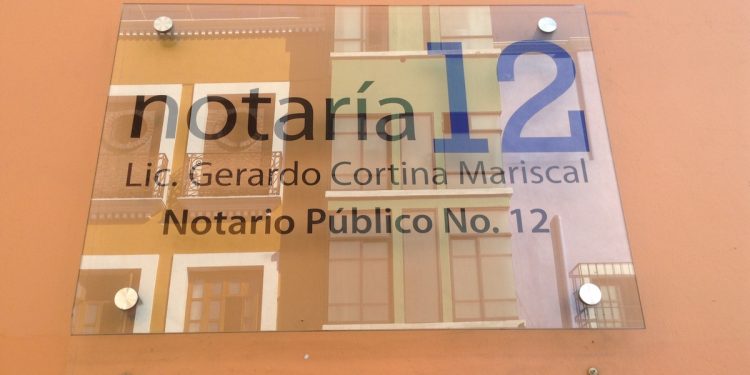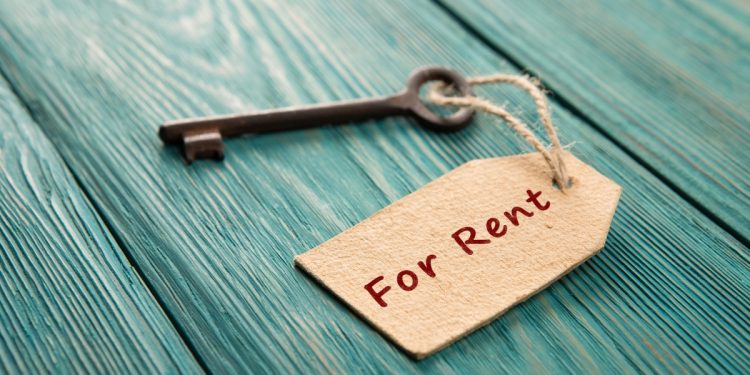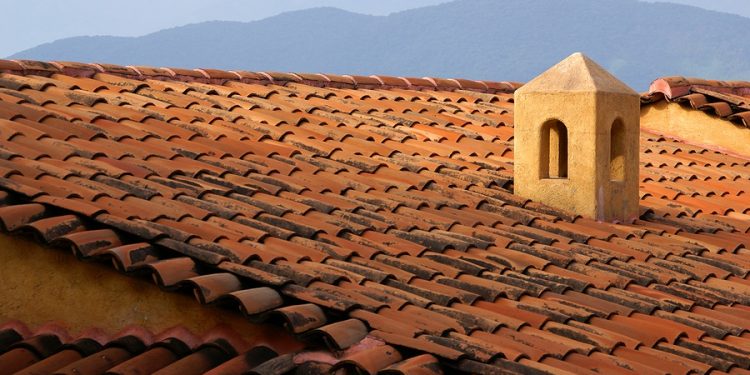When you’re considering the purchase of real estate in Mexico, you will need to undertake research, choose your location and property with care, ensure that you hire the right professionals, and that the appropriate procedures are followed in relation the transfer of ownership.
You don’t have to be legally resident to own a home in Mexico
You do not have to be resident in Mexico to own property here, so there is no need to qualify for residency status under the immigration rules to buy a home here— whether directly, or through a property trust.
However, when you sell the property there are certain property capital gains tax allowances that you may access if you are resident in Mexico.
Mexican law on property ownership
Mexican law on property ownership is comprehensive and provides protection for the seller and the buyer in all property transactions provided that the law is followed, and you (most usually through a Notary Public) ensure that all necessary documentation is present and that the procedures are adhered to.
Mexican law provides for private ownership of land by foreigners, and its law is specific about the way in which land rights should be transferred from seller to buyer, and what type of lands are not eligible for public ownership.
A Notary Public will guide you through the details of these, but generally:
- Property may be purchased and owned outright for residential use by foreign nationals outside of the 100km (~62 mile) restricted land border zone, or outside of the 50km (~31 mile) restricted coastal zone;
- Inside of these restricted border and coastal zones, foreign nationals may own land through a fideicomiso (a property trust) which is set up through a local bank and provides for ownership of the land and property in all but name.
The Mexican Constitution forbade foreign nationals from owning property that was within the restricted border zones. This law was intended to protect Mexican soil from foreign invasion, and a property trust provides a means for non-Mexicans to buy and hold land and property if it’s physically situated within about 30 miles of the coast, or within about 60 miles from a land border.
Fideicomiso, property land trusts in Mexico
To enable non-Mexican persons to invest in land and property inside the restricted zones protected by the country’s constitution, the Mexican government introduced a system of land trusts—essentially a special type of investment ‘wrapper’ that enables you to legally and securely hold title of property in all but name.
In practice this means that any non-Mexican national who wants to buy home with an ocean view, or near the beach or a land border with Mexico, they can except that it will be by means of a special property trust, which is set up and managed through a local Mexican bank.
The trust holds the deeds to the property, and you and/or other persons named in the trust are sole beneficiaries to that trust—and by extension, to the property that is folded into it.
The trust gives full rights to do whatever you like with your property:
- it can be developed (in accordance with local planning regulations),
- rented or leased;
- sold, or given away.
In other words, this trust enables you to own the property in all but name.
The trust also enables you to name a beneficiary upon your death, and you do not need to have a Mexican Will for your wishes regarding the trust to be executed.
Some people choose to buy Mexican property through a trust even if the property is not situated inside the restricted zone, as part of their estate planning preparations.
The role of the Notary Public in Mexico
The Notary Public is the most important legal person you will deal with when you make a property purchase investment in Mexico.
Under Mexican law, the title deed to the property must be prepared by a Notary Public, and the Notary is also responsible for calculating and reporting tax duties owed to the Mexican tax authority arising from any property transaction.
As a buyer, it is your right to choose the Notary Public you wish to work with, and it should be your first port of call after you have agreed in principle to purchase a property in Mexico.
Experienced buyers choose their Notary Public, independent of the seller’s preference or advice. The Notary Public will ensure that all documentation and permits are in order so that the transaction can proceed.
Read more about finding and working with a Notary Public in Mexico.
Real estate assistance services in Mexico
If you’d like to hire specialized assistance and support as you make your plans to buy, rent or sell property in Mexico, a range of professional assistance service firms exist that offer consultations and practical support to foreigners seeking to buy and sell property here.
‘Ejido’ land and Title vs Possession in Mexico
You should be aware of ‘ejido’ land in Mexico, as there is a lot of it; and while many properties and developments now built offer a legal title deed, some properties continue to be transferred on ‘agrarian’ terms.
About Ejido land in Mexico
Ejido (agricultural) lands have a long history in how they came into being; these properties are akin to “commons land.”
The ejidos are usually owned by a community of local people and possession of the land is passed down through generations within the communities which own the parcels.
These land parcels do not have legal title (property title deeds – see next section) and any matters and disputes related to them are dealt with by local comuneros, at agrarian courts, usually termed Asambleas —assemblies— that meet about once a month and are led by the elders of the local community.
Legal Title vs Possession
There is a distinction between ‘commons’ land and land that is registered with a Title Deed recognized and enforced by Mexican civil law courts.
Some types of property in Mexico, especially rural or semi-rural properties —and some that are quite desirable— are only available for purchase under Agrarian terms, and while this type of property transfer gives you possession, it does not offer legal title.
Read more about buying and having property without title deed in Mexico
Title insurance for your Mexican property
Some buyers consider taking out title insurance on the property they buy in Mexico. Title insurance covers you should the property you buy subsequently turn out to have liens associated with it.
This is especially relevant if the property you are buying has been privatized, having previously been classified as being “ejido” (or “common”) lands (see previous section); but even if this is not the case, title insurance will protect you if any other previously unforeseen lien or charge is brought against the property before you took possession of the title deed.
Rates for title insurance are around the equivalent of USD $5-6 per USD $1,000 of the property’s sale value; payable once only at the point of purchase, before you close.
Consult a realty agent or other legal or consulting professional regarding matters relating to title insurance. There are several insurance companies that now offer title insurance for Mexican property and, as the number of providers increase, rates should become increasingly competitive.
Choosing the right location for your purchase
As with property purchase in any country, the location in Mexico where you choose to buy is all-important. It’s better to buy ‘less house’ in an optimum location than to purchase ‘more house’ in a sub-optimal location.
Choosing places to live in Mexico
To help you discover and explore potential places to live here, Mexperience publishes a curated list of locations to consider for living, working or retirement in Mexico—organized by popularity and notoriety and classified by the location type
Do the (back)groundwork
It’s unwise to buy on impulse in an area based on your first impressions, especially if you’re on a leisure visit there.
It’s prudent to be familiar with the area and the locale in that area where you intend to invest. Also ask yourself how marketable the property is in its current condition and location, especially if you are planning to rent it, or should you want to sell it later.
You may want to rent something nearby to start with and get a feel for the place. Once you’re living locally you can assess things like the atmosphere, the neighborhood in general, and get to know the locals so that you can get a genuine understanding for what it’s like to live there.
Match your needs with your location
Consider your current and changing lifestyle needs as you make your choices about the location for your property investment.
Real estate purchases require patient capital in Mexico as not all markets are as fluid as places in the US, Canada, or Europe can be—it might take more time to sell a property than you imagine.
Further insight about choosing locations
Ongoing management of your property
Learn more about maintaining and securing your home in Mexico here on Mexperience.
Learn more about property in Mexico
Mexperience offers detailed insights about property in Mexico for buyers, owners, renters, and sellers.
- Latest articles and insights about real estate in Mexico
- Working with a realty agent in Mexico
- Insuring your Mexican home
- Enjoying your home and home life in Mexico
Mexico in your inbox
Our free newsletter about Mexico brings you a monthly round-up of recently published stories and opportunities, as well as gems from our archives.















